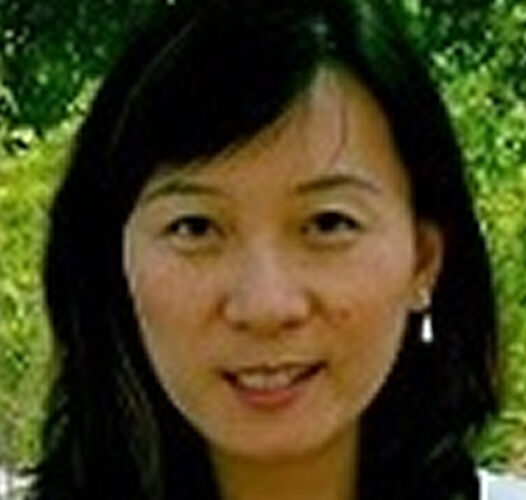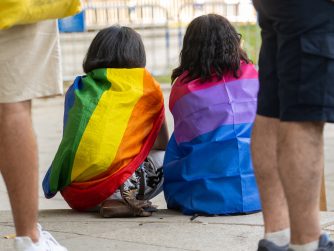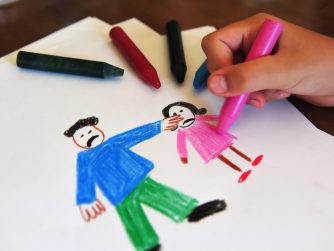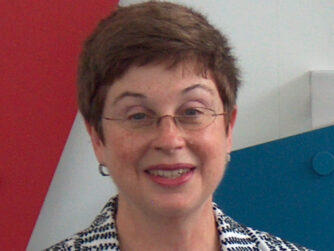Dr. Venus Tsui
When the term “intimate partner violence” comes up, many think about the violence against women. Indeed, most services to help survivors of intimate partner violence are designed with women in mind. However, some studies suggest that as many as 800,000 men in the United States experience physical or sexual assault in a year. Despite these numbers, male survivors of intimate partner violence are significantly less likely to seek help than women.
In this podcast, Dr. Venus Tsui shares data from her research on the experiences of male survivors of intimate partner violence. Drawing upon both quantitative and qualitative data, she explores the extent to which men utilize intimate partner violence services, seek help from various sources of support, as well as how helpful these survivors find these services and supports. She also explores possible barriers to seeking and using these supports that men may encounter. Dr. Tsui draws out the implications that her findings have for social work practice, education, and future research.
Dr. Venus Tsui became assistant professor in the Worden School of Social Service at Our Lady of the Lake University in 2011, San Antonio, Texas. Prior to coming to OLLU, she was an Assistant Director of the Asian American Family Services, Houston, Texas. She has 14 years of cross-cultural clinical and community practice experiences working with children, youth and families, both in Texas and Hong Kong. Using interactive and experiential teaching methods, Dr. Tsui teaches practice, research, and HBSE undergraduate and graduate courses. In addition to teaching, she serves as faculty advisor for Phi Alpha Honor Society Delta Delta Chapter at Our Lady of the Lake University and Treasurer of Asian and Pacific Islander Social Work Educators Association (APISWEA). Her practice and research interests include intimate partner abuse against men; domestic violence; child abuse and neglect; child welfare practice; marital relationships; mental health of Asian Americans and Hispanic/Latino/a population; and provisions of culturally sensitive practice.
Interviewer: Charles Syms, LCSW





